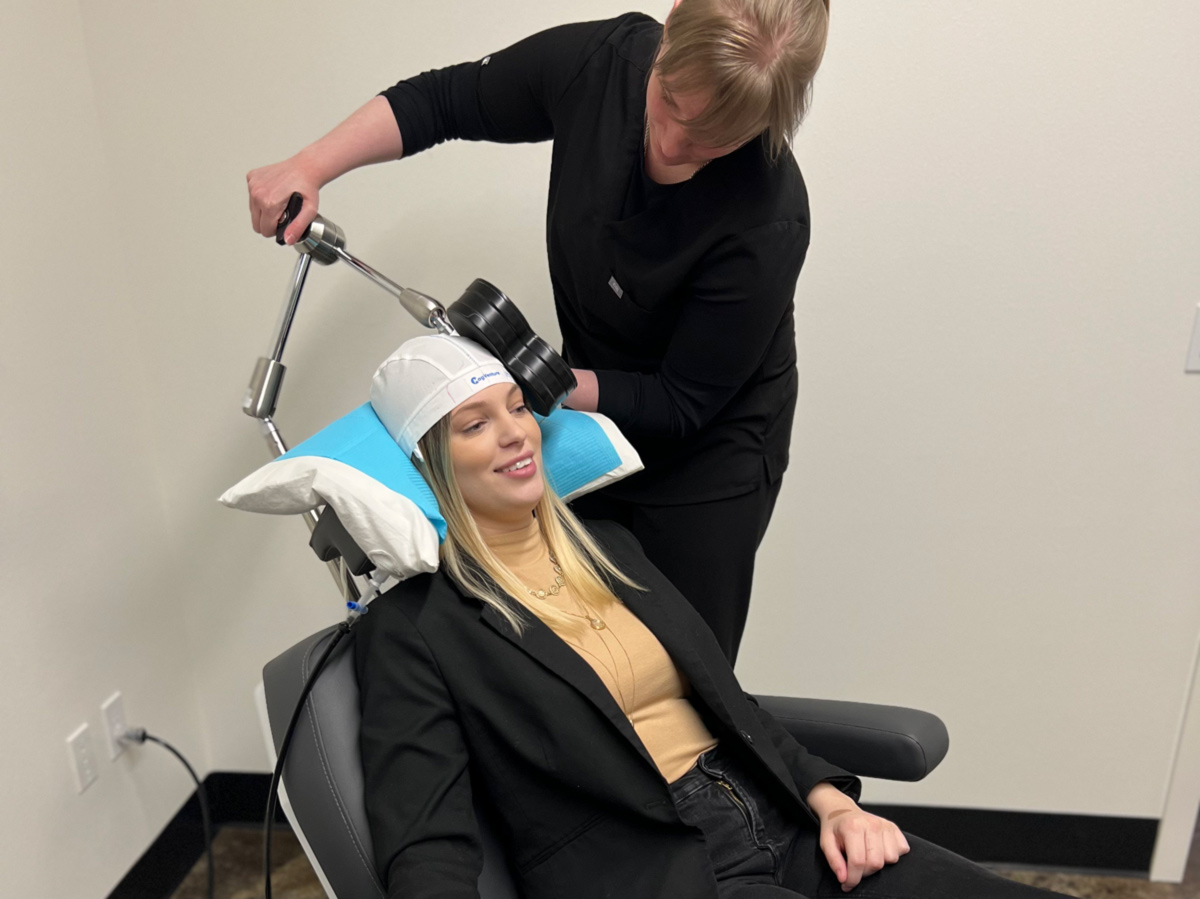Living with treatment-resistant depression can be incredibly challenging and disheartening, especially when traditional medications fail to provide relief. However, it is essential to remember that alternative treatment options are available and can offer hope for a brighter future. Transcranial Magnetic Stimulation (TMS) is one such innovative approach, providing a non-invasive, effective solution for those struggling with persistent depression. Coupled with psychological counseling, TMS can significantly improve the quality of life for individuals who have not found success with medication alone.

Why Does Some Depression Persist Even with Drug Treatment?
Despite efforts to treat depression with medication, studies have found that a substantial number of individuals may not benefit from it. In some cases, no matter how many times they try different medications, up to one-third of those affected don’t achieve any relief. Fortunately, ongoing research into treatment-resistant depression continues. Some factors that may lead to treatment-resistant depression can include:
- Gender, overall health, and age
- Unknown causes of depression
- Misdiagnosis
Treatment-resistant depression can be very difficult to manage as it is not responsive to the usual treatment methods. Even if some relief is provided initially, the symptoms often return after a while. Therefore, alternative treatment avenues should be explored to address these issues and fortunately there are proven methods available.
Additional Treatments to Try
If your medication treatments haven’t produced desired results, consulting with a medical professional for alternative options could be beneficial. Some of those options may include:
- Transcranial Magnetic Stimulation (TMS)
Magnetic stimulation treatment can help in managing depression symptoms by using magnetic fields to regulate activity in the nerve cells of the brain. An electromagnetic coil is placed on the scalp near the forehead of the patient to provide benefits. TMS utilizes electromagnets that form electric currents which target specific nerve cells in the area of the brain responsible for controlling mood and treating depression. A typical session is approximately 30 minutes.
- Psychological Counseling
Meeting with a psychologist, therapist or psychiatrist can be an effective way to lower your symptoms of depression. During these sessions, you will discuss ways to cope effectively with your stressors and maintain healthy relationships.
There are different types of psychotherapy that have proved effective for drug resistant depression. Cognitive behavioral therapy involves counseling to address feelings, behaviors and thought patterns that negatively affect your mood. Through therapy, you may be able to change inappropriate thinking patterns as well as learn new skills to react to stressors in your life in a healthier way.
- Other Ways You Can Help Your Own Treatment
There are substances that can interfere with the way your medications work. If you drink alcohol or use illicit substances, stopping them will improve your mood and the effectiveness of your medications. Alcohol depresses the nervous system, therefore counteracting any positive effects your medication is trying to make. Also try:
- Getting plenty of sleep and exercise
- Eating healthy and nutritious meals
- Managing stress in a health way (yoga, breathing techniques)
- Continuing to take your medications, even if you feel better
Take the First Step Towards a Brighter, Healthier Future
If you or a loved one is battling treatment-resistant depression, don’t lose hope. Contact Olympia TMS today and discover the transformative potential of TMS treatment.
 Most Prominent Causes and Complications of PTSD
Most Prominent Causes and Complications of PTSD